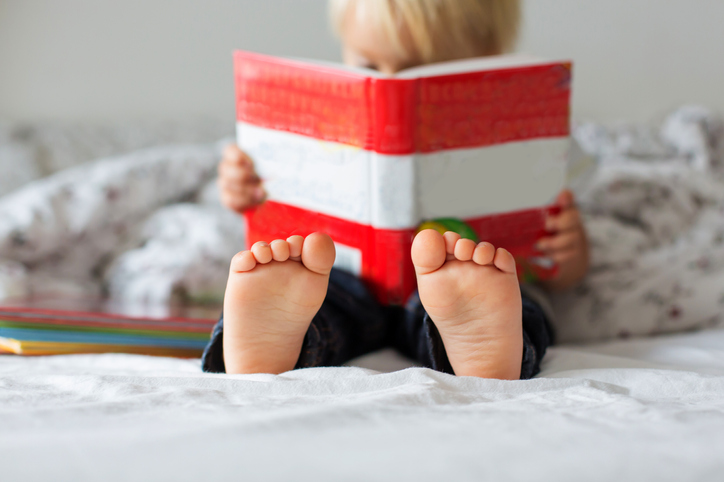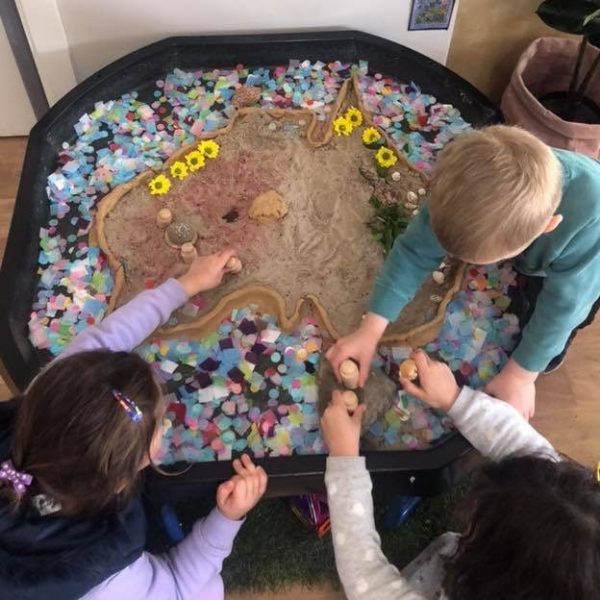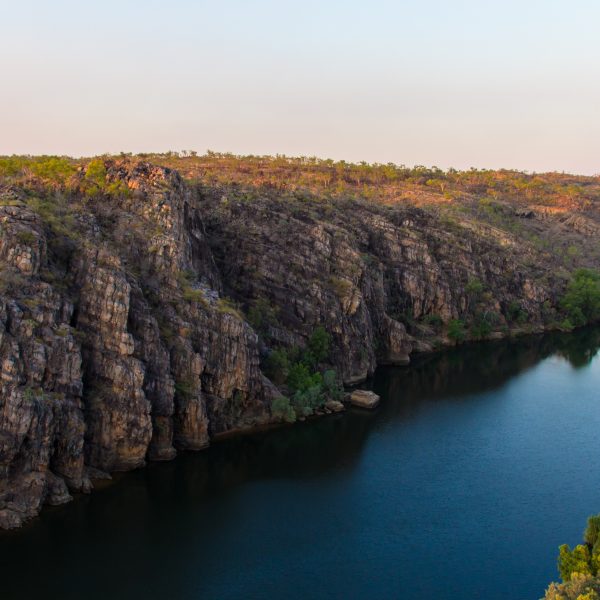Libraries for All initiative shares the joy of reading to remote Australia

Save the Children’s Library For All initiative has developed its first collection of Aboriginal story books for First Nations children, aiming to overcome statistics which show that only 33 per cent of Aboriginal children in very remote areas met the national standard for Year 5 reading, while 96 per cent of non-Aboriginal children met the standard in major cities.
Oftentimes in remote communities around the country access to quality, educational and engaging books can be hard to find. Libraries and bookshops do not always exist, and children can be left behind in literacy because their reading skills aren’t challenged and grown.
The Our Yarning collection has been designed to offer First Nations children a range of stories that reflect their background as colourful, engaging learning resources.
Program Manager (Australian Aboriginal & Torres Strait Islander Operations) Dr Julie Owen is a big advocate for the collection, noting that for many Aboriginal children, having access to books they can relate to and learn from can give them opportunities and help them make more positive choices as they grow up.
Disengaged learners who leave school early, she said, are at greater risk of unemployment, earning lower incomes and social exclusion at three times the rate of those who complete Year 12.
While building literacy is a key target of the collection, so is the authenticity of the storytelling.
“Aboriginal people have a rich tradition of storytelling,” Dr Owen explained. “Our history is storytelling, it’s drawings, bark, sand and cave paintings. In Aboriginal storytelling, often the visual image is the story.”
So for children who are learning to read or struggling to grow their reading ability, she continued, the story is just as important. “If you can’t read, you can still relate to the pictures and build a connection that your story is valued.”
The books will be written in English, but Julie hopes they’ll soon be translated into local languages.
“We’re aiming to get as many stories as we can written in English by Aboriginal people so that the kids can see reflected in the books their ways of doing things. They’ll relate to stories about hunting, fishing, family connections, ceremonies and community life. Then we are hoping we can get the books translated into local Aboriginal languages.”
Unfortunately, many Aboriginal languages, she said, “are critically endangered, or have been lost completely. It may be difficult to get books translated in some languages, because many of the elders, who can speak fluently, are gone.”
Library For All’s digital library is available for free via an app through Google Play. The app contains a unique, curated collection of high-quality children’s books developed by authors and illustrators across the globe. The books are age appropriate, culturally relevant and engaging for kids.
The Our Yarning collection of Aboriginal books will also be available to all on the Library For All app. Dr Owen is optimistic about Aboriginal and non-Aboriginal children having access to the collection through the app.
“It’s a whole library that can be downloaded for free, available on a phone,” she explained. “Children without access to a physical library or bookshop, can read whenever they want. It’s making books available for those kids that would otherwise miss out.”
To access the digital library please see here.
















